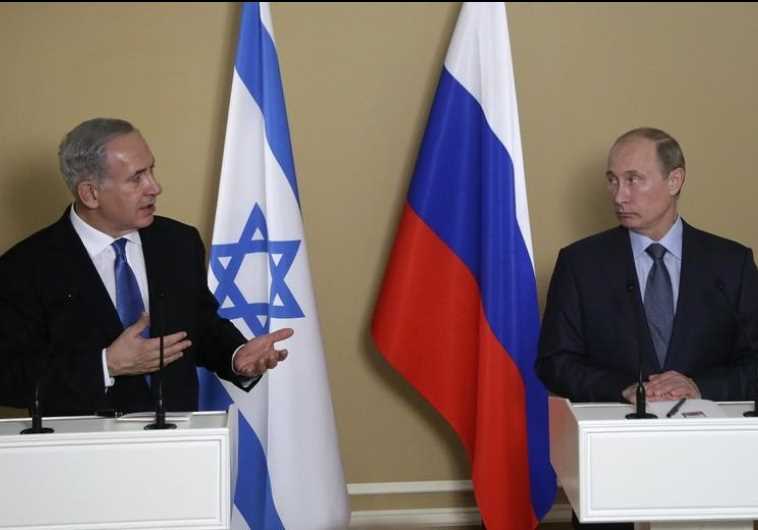Netanyahu to Putin: S-300 missile sale to Iran undermines Middle East
PM tells Russian leader that the move would only serve to increase Iran's aggression and put the security of the Middle East at risk.
 Prime Minister Benjamin Netanyahu and Russian President Vladimir Putin
Prime Minister Benjamin Netanyahu and Russian President Vladimir Putin